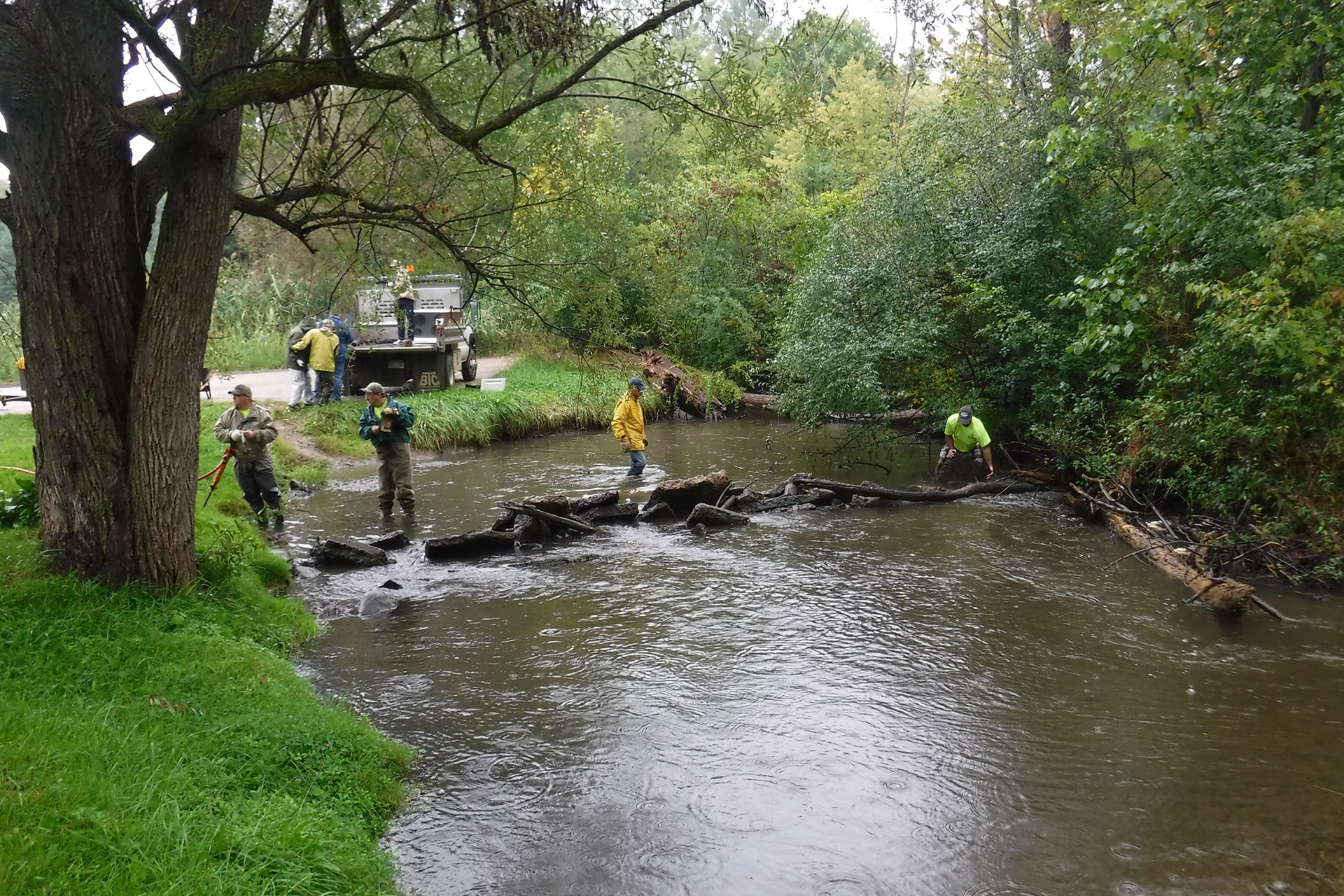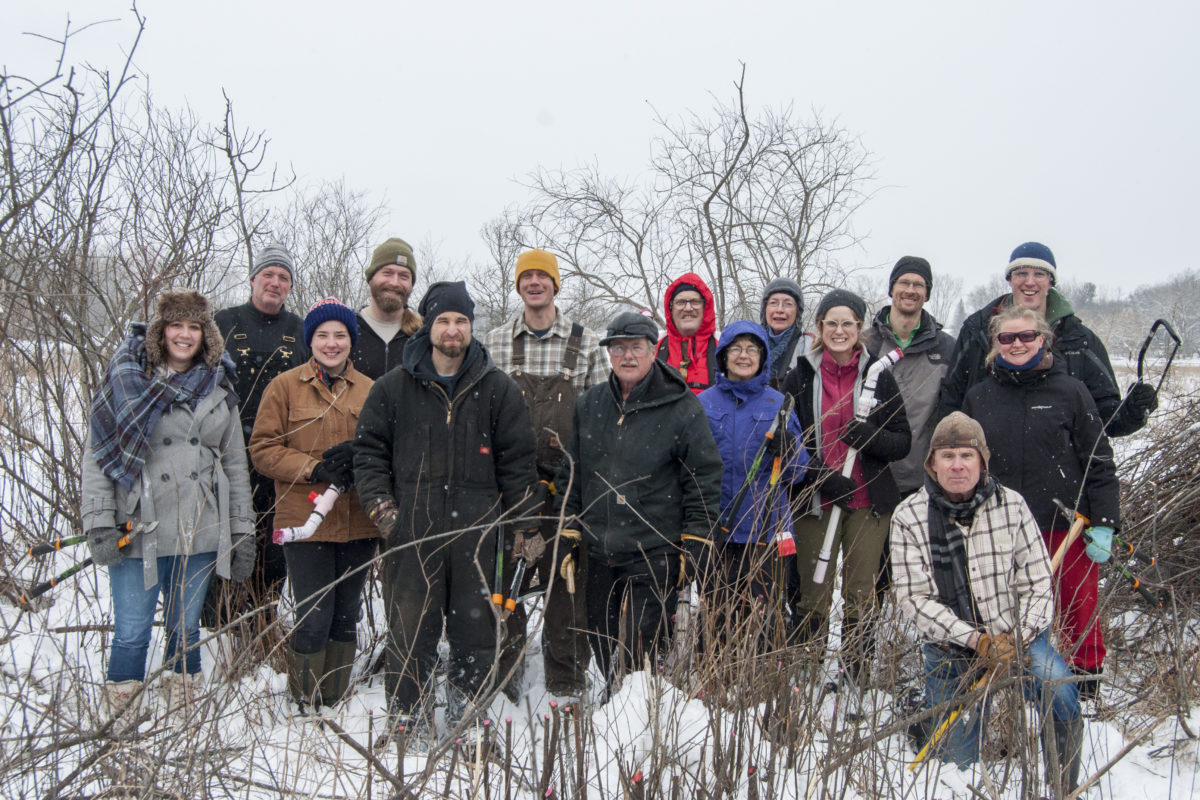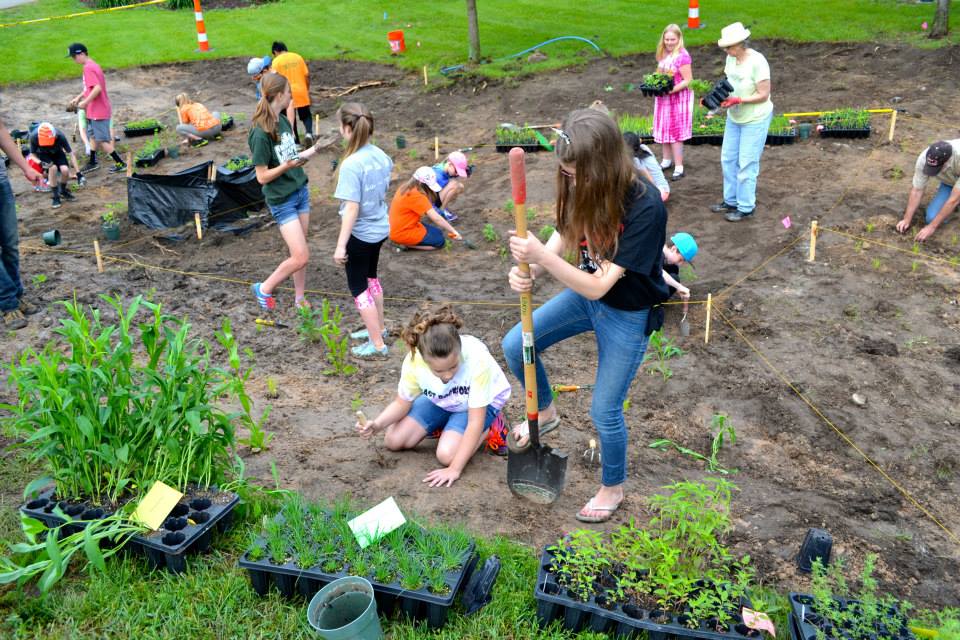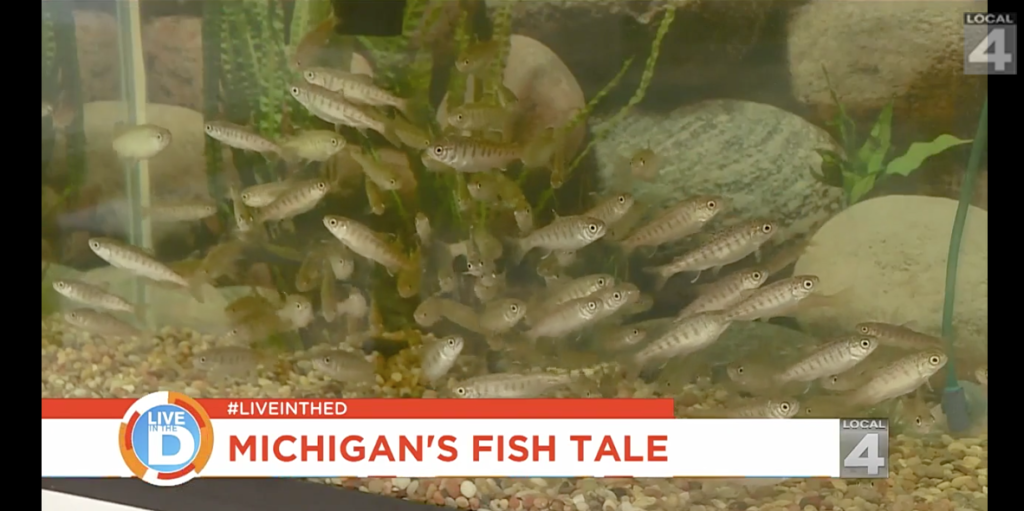We love Michigan.
It pushes us to climb out of a warm bed on a Saturday morning, slip into hip-high rubber waders and step into a cold-water stream. It compels us to march into the woods to count frogs or dig up invasive plants.
We come in all shapes and sizes, from small burgs and sprawling cities. But we have one thing in common: preserving Michigan’s great outdoors for generations.
“We are truly fortunate that so many citizens volunteer their time and resources and every day to help protect and preserve our forests, waters and wildlife,” said Carol Rose of the Michigan Wildlife Council.
The Michigan Wildlife Council was created three years ago to promote the importance of conservation and wildlife management to the state’s natural resources and outdoor traditions.
The council knows much of the day-to-day conservation efforts come from grassroots volunteers allied with nonprofit organizations, local and state agencies, and philanthropic groups.
Don’t fish? Don’t worry
Michigan Trout Unlimited and its 7,500 members go above and beyond to conserve, protect and restore the state’s cold-water fish and their watersheds.
“Michigan is an important part of our history because that’s where we were founded (in 1959), and we still have a very strong volunteer base here,” said Mark Taylor, eastern region communications director for Trout Unlimited.
Because Michigan is blessed with a vast wealth of unique trout streams, 11,000 inland lakes and the Great Lakes, ecologists say it’s vital to preserve them. Trout Unlimited does its part through stream improvements, education, research and collaboration with other conservation groups and governmental agencies.
Trout Unlimited is active in all corners of Michigan – including four chapters in metro Detroit, said Jeremy Geist, the group’s Great Lakes stream restoration manager.
“Some people might not think there’d be a lot of environmental stewardship going on in a major urban area like Detroit. But Southeast Michigan has excellent volunteers who spend hundreds of hours and a lot of money restoring and improving the local cold-water trout streams in the region,” Geist said.
Local chapters work with the state Department of Natural Resources and watershed councils to construct stream improvements, monitor aquatic organisms and water quality, host educational programs and do fundraising.
In Southeast Michigan, preservation most often centers on the Clinton River, Huron River and Paint Creek, which are popular with local fishermen.
But you don’t have to fish to join Trout Unlimited.
“We’re a conservation organization that focuses on maintaining and improving cold-water trout steam systems,” Geist said. “We also happen to like to fish, but it’s by no means a requirement.”
Anyone interested in learning more about Trout Unlimited should check out the organization’s website and consider attending a monthly meeting at a local chapter, he said.
“And if you don’t know how to fish but would like to learn, we can help you with that, too,” Geist said.
Volunteer information can be found at www.michigantu.org/ or by calling 517-599-5238
Ducks Unlimited makes wetlands a priority
When Adam Smith began attending Wayne State University, he knew he couldn’t be the only one interested in helping the environment.
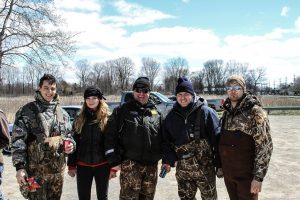
“I felt like Wayne State needed a wetlands and wildlife conservation club, and there just wasn’t one. So I worked with Michigan Ducks Unlimited and founded a chapter here. In just four years, it’s grown to 55 members and includes students and nonstudents,” said Smith, now 28.
Ducks Unlimited is the world’s largest nonprofit organization dedicated to conserving North America’s wildfowl habitats. Established in 1937, Ducks Unlimited has conserved more than 13 million acres thanks to contributions from more than a million supporters.
“We’ve conserved more than 70,000 acres in Michigan alone,” said Chris Sebastian, public affairs coordinator for Ducks Unlimited.
Ducks Unlimited and its 60,000 volunteers nationwide restore grasslands, watersheds and forests so ducks such as mallards, pintails and teal can conceal their nests, raise their young and flourish.
There are nearly 27,000 Ducks Unlimited members in Michigan who raised $1.9 million last year to fund its conservation efforts. In Metro Detroit, volunteer members come from all walks of life, but all are dedicated to conservation, Sebastian said.
Some join to preserve Michigan’s hunting heritage. Others – like Smith – want to conserve the wetlands they love.
With help from the DNR, Smith and his chapter pitch in on projects across the state, such as St. John’s Marsh, located north of the North Channel of the St. Clair River. The waterfowl and recreation area is one of the most biologically diverse freshwater deltas in the United States. But invasive phragmites – a tall, aggressive reed that has resisted many eradication efforts – crowds out native plants and animals.
Ducks Unlimited has taken a major role with dollars and volunteers to take back St. John’s Marsh from the invasive weeds.
“A group of us will pile in a van and head out there to do whatever we can to help,” Smith said.
Organized Ducks Unlimited outings are a great chance for any volunteer to lend a helping hand, he said.
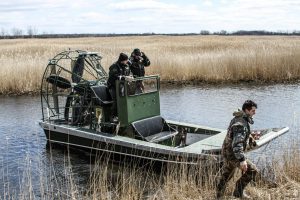
But you don’t have to be a hunter to join in.
“People think of Ducks Unlimited and they think of hunting,” Smith said. “But it’s not just about hunting. It’s that a lot of duck hunters care about the habitat and work hard to raise money to help restore or build wetlands so waterfowl can thrive.”
Volunteer information can be found atwww.ducks.org/get-involved/volunteer/signup or by calling 1-800-45-DUCKS
Conservation districts provide local leadership
How many of us want to be environmental stewards but just don’t know where to turn? Lori Phalen has a solution.
“A great first step is connecting with your local conservation district, which will connect you with the broader conservation community,” said Phalen, executive director of the Michigan Association of Conservation Districts.
Michigan’s 77 conservation districts are local providers of natural resource management services that help residents conserve their private lands and the environment at large. A locally elected board of directors governs each conservation district.
“The guiding philosophy of Michigan conservation districts is that local people should make decisions on conservation at the local level, with technical assistance provided by the government,” Phalen said.
The districts provide conservation programs and services, as well as link landowners and managers to other available programs. They assist in education and natural resource programs including agriculture, wildlife, forests, dunes and energy conservation.
“They’re a one-stop shop of information and programs that are available to assist citizens in being better stewards,” Phalen said.
More information can be found at macd.org/local-districts.html or by calling 517-324-5274
DNR stewardship crews making a difference
Heidi Frei, a DNR natural resources steward, said volunteers make a huge impact every day across the Great Lakes State.
“I always tell people that I have the best job in the DNR. I get to work with volunteers and we target the spots in our 103 state parks and recreation areas where we can make the biggest impact,” Frei said.
Garlic mustard is an invasive plant producing a chemical that suppresses the growth of other plants. It’s a growing problem in Michigan, and DNR volunteers regularly participate in “search-and-destroy” missions in state parks and recreation areas to bag up the plants and the thousands of seeds they carry.
Whether it’s eradicating garlic mustard, counting frogs or adopting a park, volunteering for the DNR is a great way to preserve Michigan’s natural resources.
“People who come out really want to give back. They love our parks systems, they love learning in a hands-on way about things like invasive species, and they want to know how they can help protect places that are special to them and to the whole state,” Frei said.
Volunteer opportunities with the DNR include restoration and cleanup; wildlife observation; education and services; and donations. Frei said Michigan residents volunteer about 10,000 hours annually with the DNR.
And their work makes a dramatic difference.
“There are many state parks which would be entirely different places without the volunteers who have done so much work there,” she said.
A popular way to volunteer is on DNR Stewardship Workdays.
“We have ongoing workdays at parks and recreation areas all over the state. The biggest thing is invasive species control, as well as a fair amount of seed collection of native plants that are used the following year to re-establish native tall grass prairies,” she said.
New volunteers are always welcome – whether individually or as a group.
“There’re never enough hands out there, and the impact is something truly lasting,” Frei said.
Volunteer information can be found at www.michigan.gov/dnrvolunteers
